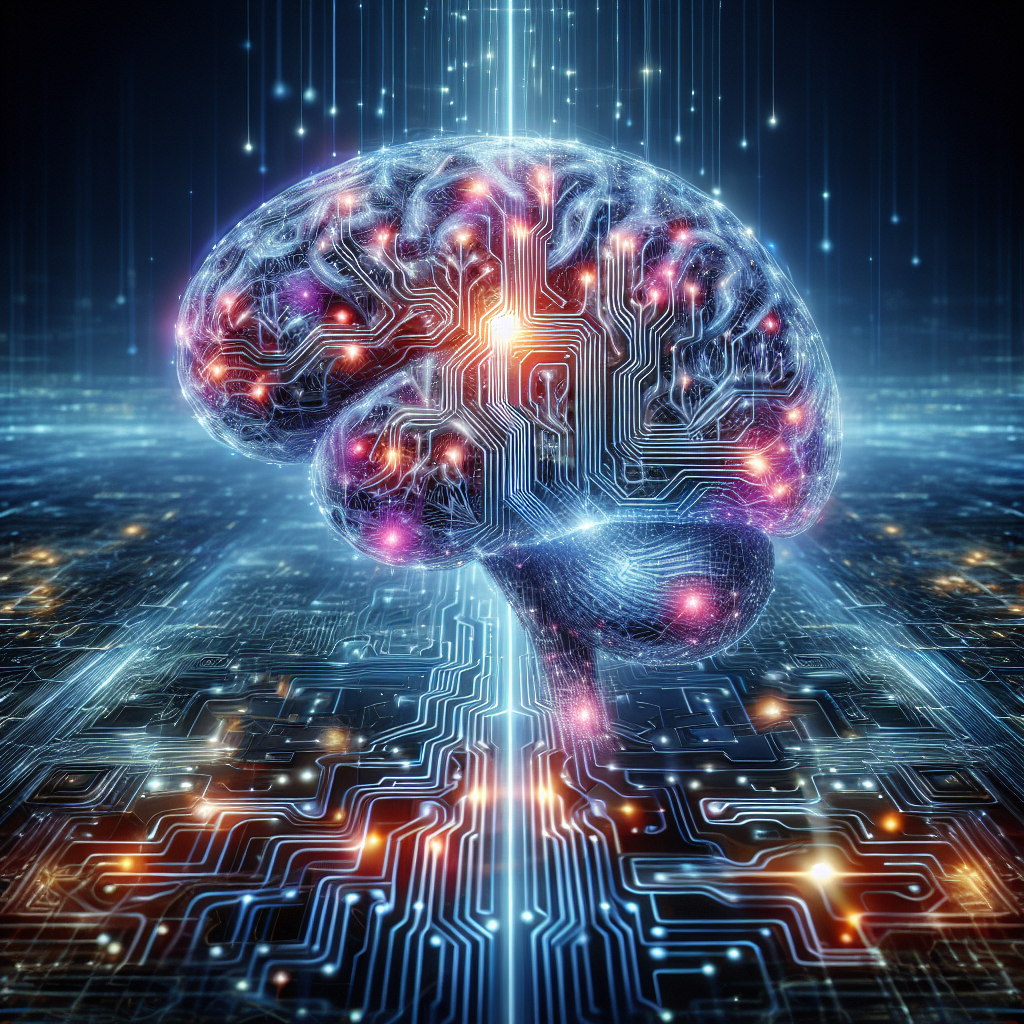AGI: The Next Frontier in Artificial Intelligence
Artificial General Intelligence (AGI) is the cutting-edge technology that aims to create machines with human-like intelligence. While Artificial Intelligence (AI) has made significant advancements in recent years, AGI represents the next step in the evolution of intelligent machines. AGI has the potential to revolutionize industries, reshape our society, and fundamentally change the way we interact with technology.
What is AGI?
AGI is a branch of AI that focuses on creating machines capable of performing any intellectual task that a human can do. Unlike narrow AI systems, which are designed to perform specific tasks, AGI aims to replicate the general intelligence of humans. This means that AGI systems can learn from experience, adapt to new situations, and solve a wide range of problems without human intervention.
The development of AGI is a complex and challenging task that requires a deep understanding of human cognition, reasoning, and decision-making processes. Researchers in the field of AGI are working on creating algorithms and models that can simulate the human brain and its cognitive abilities. By combining insights from neuroscience, psychology, and computer science, they hope to build machines that can think, learn, and reason like humans.
Why is AGI Important?
AGI has the potential to transform industries and revolutionize the way we live and work. By creating machines with human-like intelligence, we can automate complex tasks, improve decision-making processes, and enhance productivity across a wide range of domains. From healthcare and finance to transportation and manufacturing, AGI can bring about significant advancements and innovations that will benefit society as a whole.
Moreover, AGI can help us address some of the most pressing challenges facing humanity, such as climate change, poverty, and disease. By harnessing the power of intelligent machines, we can develop new solutions, optimize resources, and make better decisions that will have a positive impact on the planet and its inhabitants.
FAQs about AGI
Q: How is AGI different from AI?
A: While AI focuses on developing machines that can perform specific tasks, AGI aims to create machines with general intelligence that can learn, reason, and adapt to new situations like humans.
Q: What are the challenges in developing AGI?
A: Developing AGI is a complex and challenging task that requires a deep understanding of human cognition, reasoning, and decision-making processes. Researchers are working on creating algorithms and models that can simulate the human brain and its cognitive abilities.
Q: How will AGI impact society?
A: AGI has the potential to revolutionize industries, reshape our society, and fundamentally change the way we interact with technology. It can automate complex tasks, improve decision-making processes, and enhance productivity across a wide range of domains.
Q: What are the ethical implications of AGI?
A: As with any advanced technology, AGI raises ethical concerns about privacy, security, and accountability. Researchers and policymakers must address these issues to ensure that AGI is developed and deployed in a responsible and ethical manner.
In conclusion, AGI represents the next frontier in artificial intelligence that has the potential to transform industries, revolutionize society, and address some of the most pressing challenges facing humanity. By creating machines with human-like intelligence, we can unlock new possibilities, drive innovation, and improve the quality of life for people around the world. As we continue to make strides in AGI research and development, it is important to consider the ethical implications and ensure that this technology is used for the benefit of all.

